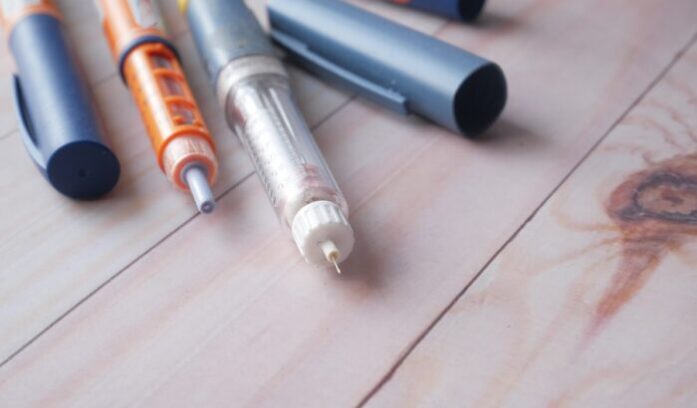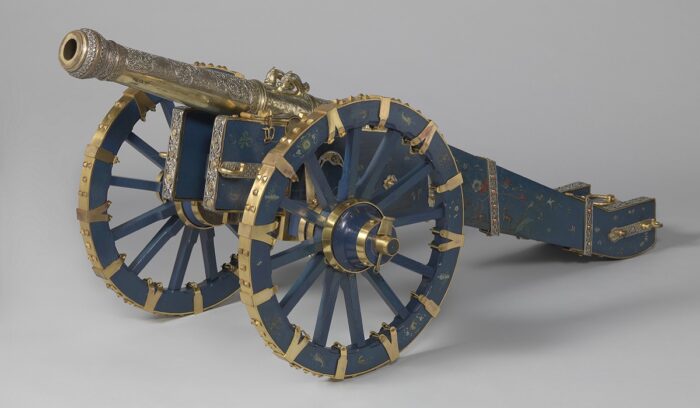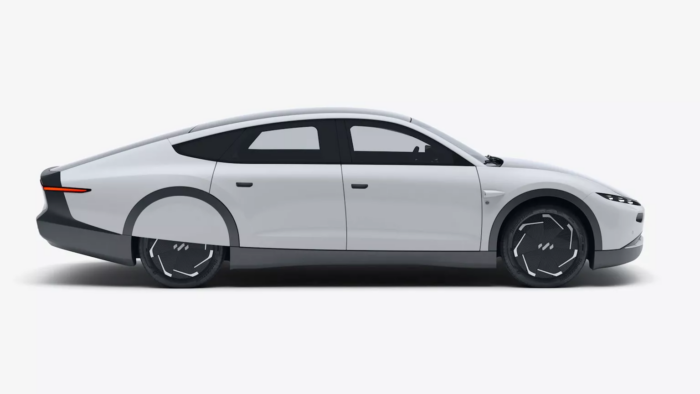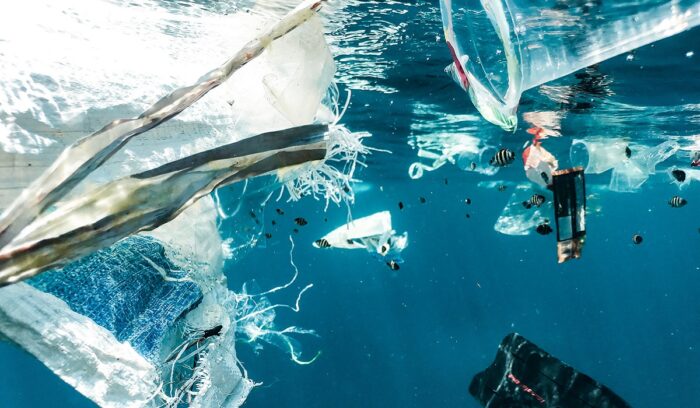New treatment eliminates insulin for 86% of patients in early trials
New research from Amsterdam University Medical Center introduces a promising new treatment approach for type 2 diabetes (T2D) that has the potential to greatly reduce or even eliminate the need for insulin therapy. This innovative approach, which combines a novel procedure known as ReCET (Re-Cellularization via Electroporation Therapy) with semaglutide, resulted in the elimination of insulin therapy for 86% of the 14 patients participating in initial trials. Globally, T2D affects 422 million people. While insulin therapy is commonly used to manage blood sugar levels in T2D patients, it can result in side effects such as weight gain and further complicate diabetes management.









